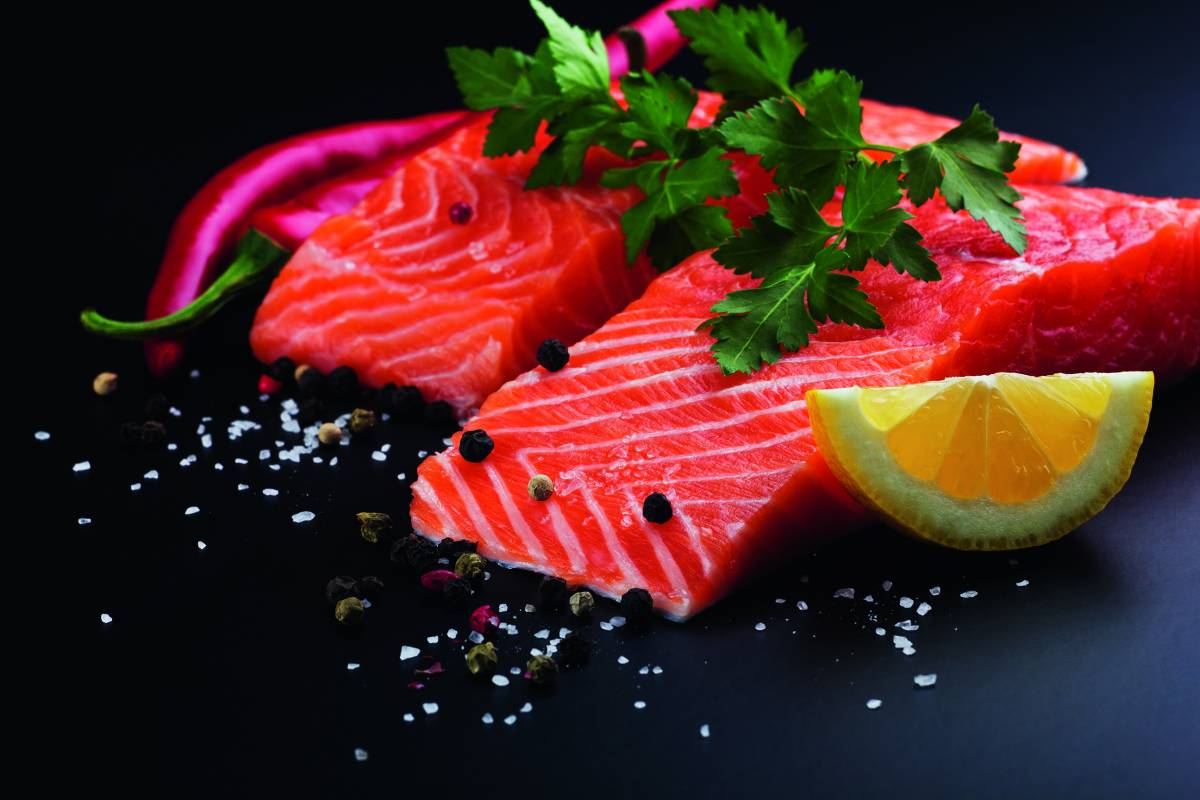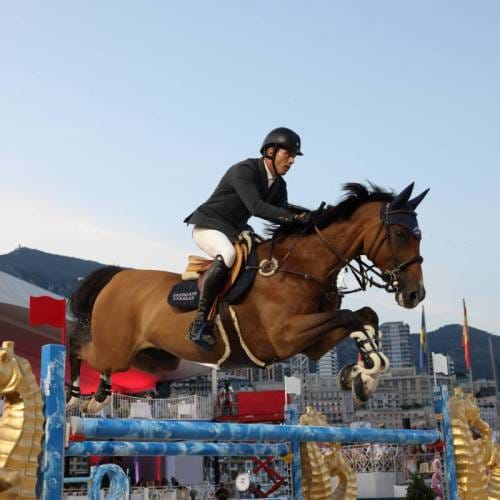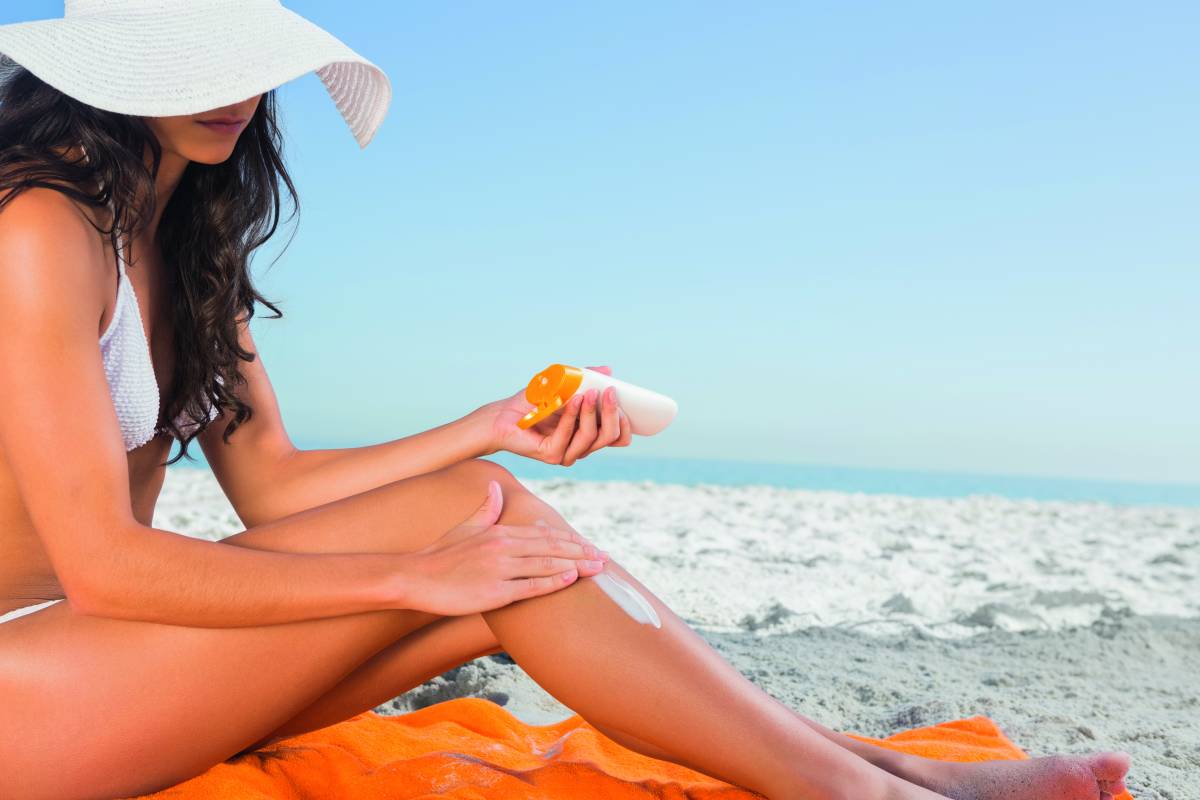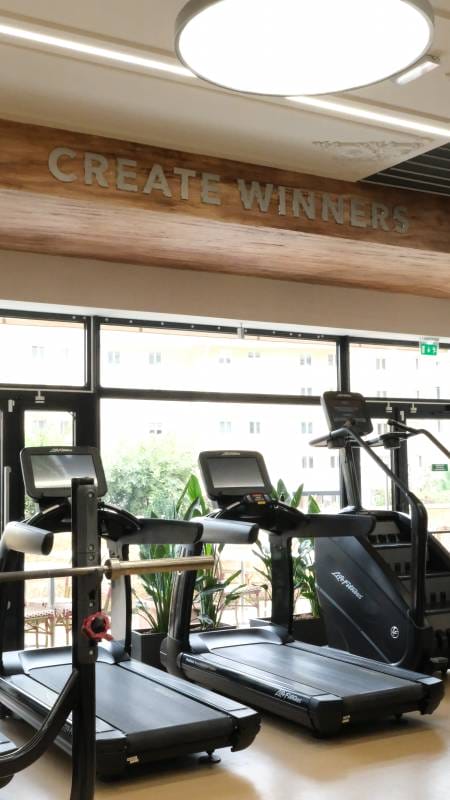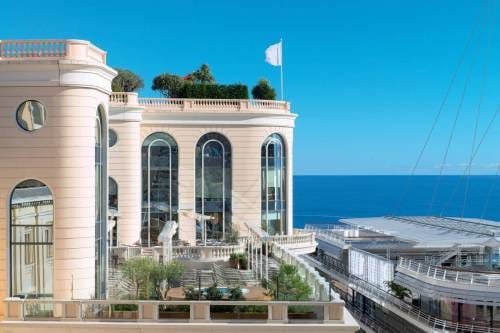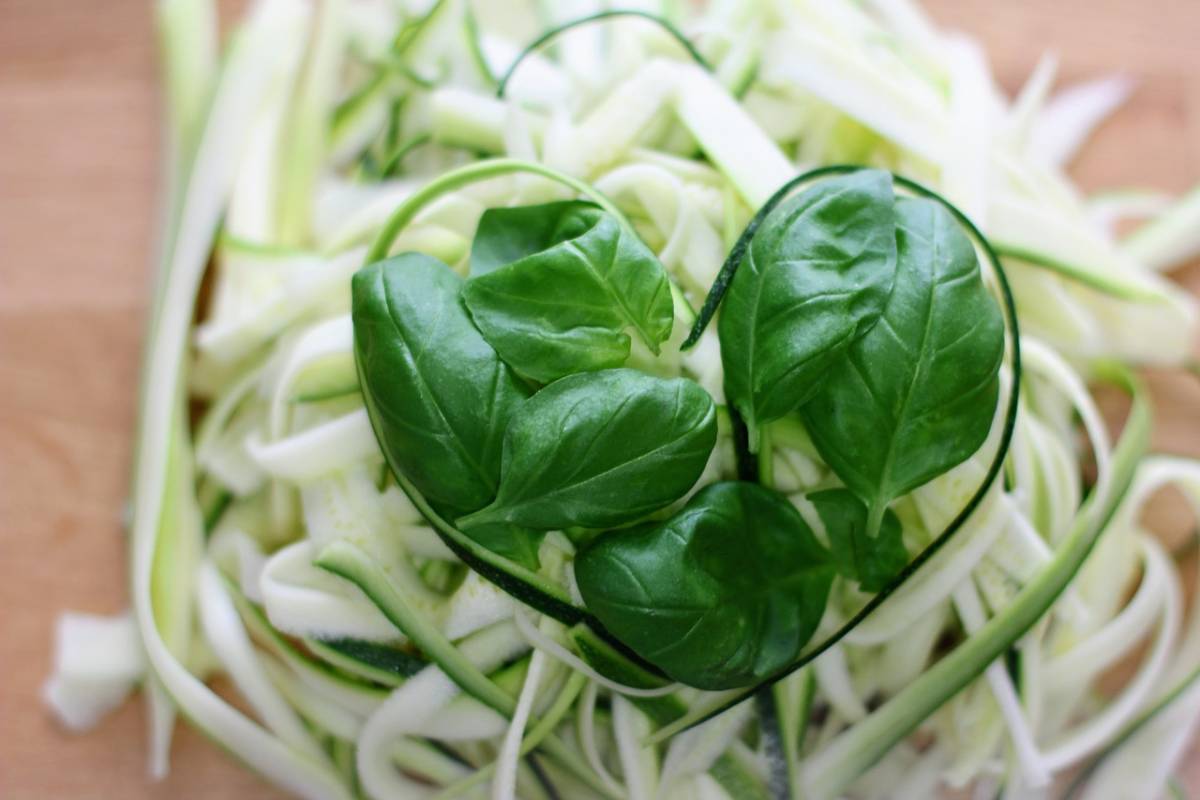One of the joys of summer is soaking up the rays. And whether it’s at the beach, pool, or wandering around scenic sites, you probably never leave home without a bottle of sun screen…
Sun protection is serious business, not only because of the role excess sun exposure plays in premature aging of the skin, but because skin cancer is on the rise in Europe and the rest of the world.
SPF confusion
The dangers of overexposure to the sun’s rays have been drummed into our heads. It’s not surprising then, that Sun Protection Factor (SPF) 50 — the highest available in Europe — is the obvious choice for many, especially those with children. Yet, unfortunately we can’t take for granted that all sunscreens are carefully tested and completely safe. Some popular brands may be lulling us into a false sense of security and even jeopardizing our health.
It’s easy to assume that a SPF 50 allows you to stay in the sun 50 times longer than if unprotected — but that’s not how it works. Most sun screens focus on blocking the ultraviolet B (UVB) rays that cause sunburn, but offer much less protection from the ultraviolet A (UVA) rays that are responsible for the less obvious, but potentially more dangerous long-term cellular damage. UVA rays penetrate much deeper and have the potential to cause a lot more damage in terms of both skin aging and serious forms of skin cancer. Paradoxically, the higher the SPF the less protection against dangerous UVA rays.
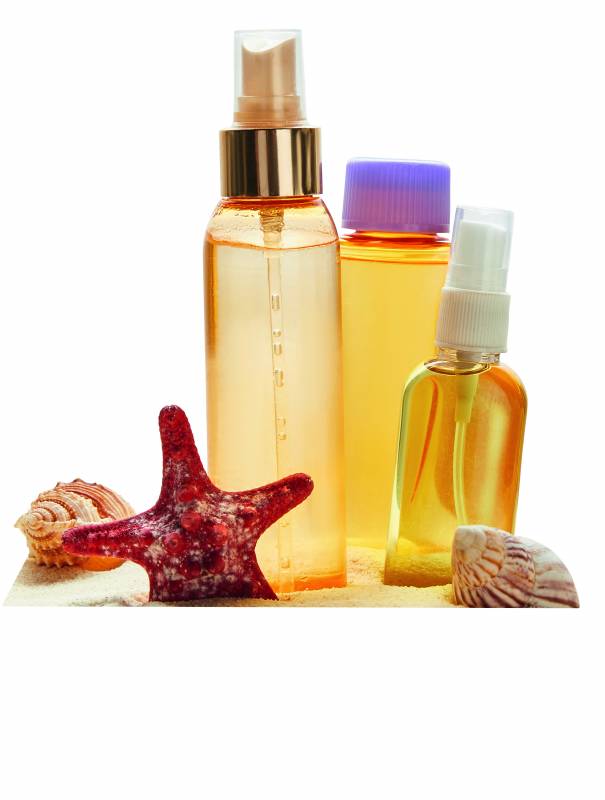
These sunscreens make us feel safe because we don’t see any obvious signs of sun damage. The result is that we’re more likely to stay in the sun longer and absorb more harmful UVA rays.
Nasties
To make things worse, many sunscreens contain potentially toxic chemicals such as oxybenzone — a hormone disruptor that can cause skin allergies and titanium dioxide — a substance that is considered ‘safe’ when applied to skin, but carcinogenic when inhaled — so be extra careful with those sprays. Some sunscreens also contain retinol and other forms of vitamin A that are linked to skin cancer by increasing the rate at which malignant cells develop and spread.
Smart tips
Sunscreens are an essential part of summer and I’m certainly not suggesting we avoid them. Just follow a few sensible tips:
• Don’t buy anything over SPF 30. Apply frequently and limit exposure.
• To make sure you’re getting adequate protection from UVA rays as well as UVB, look for sun screens labelled “broad spectrum”.
• Use lotions instead of sprays.
• Ask your pharmacist about non-toxic brands.
• Keep your magnifying glasses on hand and use them to identify toxins in those otherwise impossible to read ingredient lists.
• Remember that a tan is not a sign of a healthy body, but a sign that cancer-causing ultraviolet rays have damaged skin. Cover up!
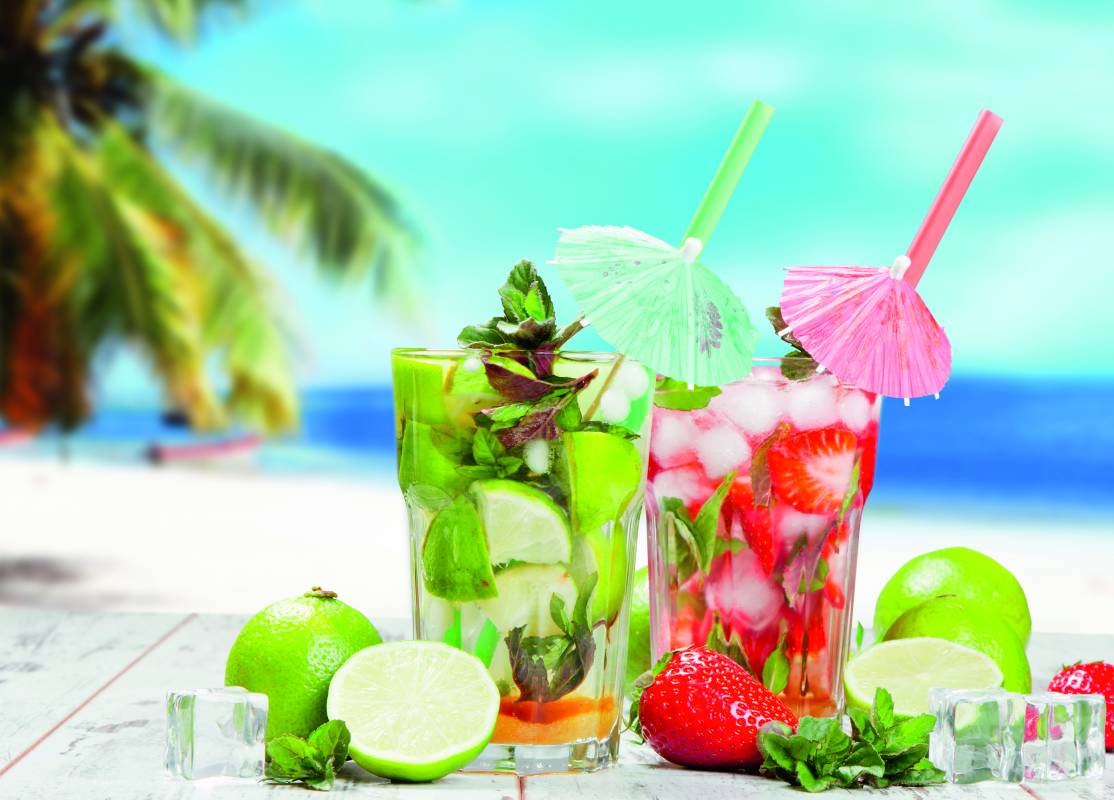
Internal Sunscreens
Sunburn is a type of inflammation, so a large part of natural skin protection is sticking to an anti-inflammatory diet. Eating plenty of fruits and vegetables is always a good idea, regardless of which ones you choose, but there are some that are better in preventing sun damage.
Tomatoes and other red fruit: Tomatoes are one of the best sources of lycopene — an antioxidant that increases your sun tolerance, especially when cooked. All red fruits contain lycopene, but especially grapefruit, watermelon and grapes.
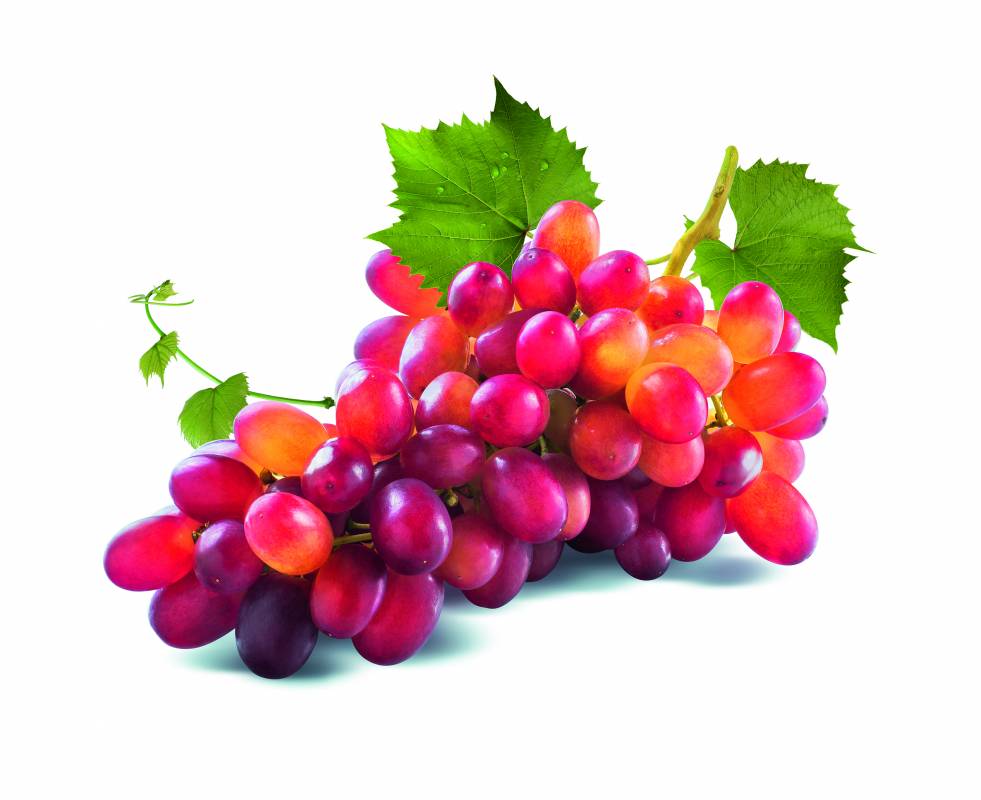
Broccoli and leafy greens: Greens are great for preventing and even repairing sun damage. As well as beta-carotene, most greens contain high levels of folic acid, vitamin A, C and E. Broccoli, and especially sprouts, are a good source of sulforaphane, a compound that reduces the risk of skin cancer.
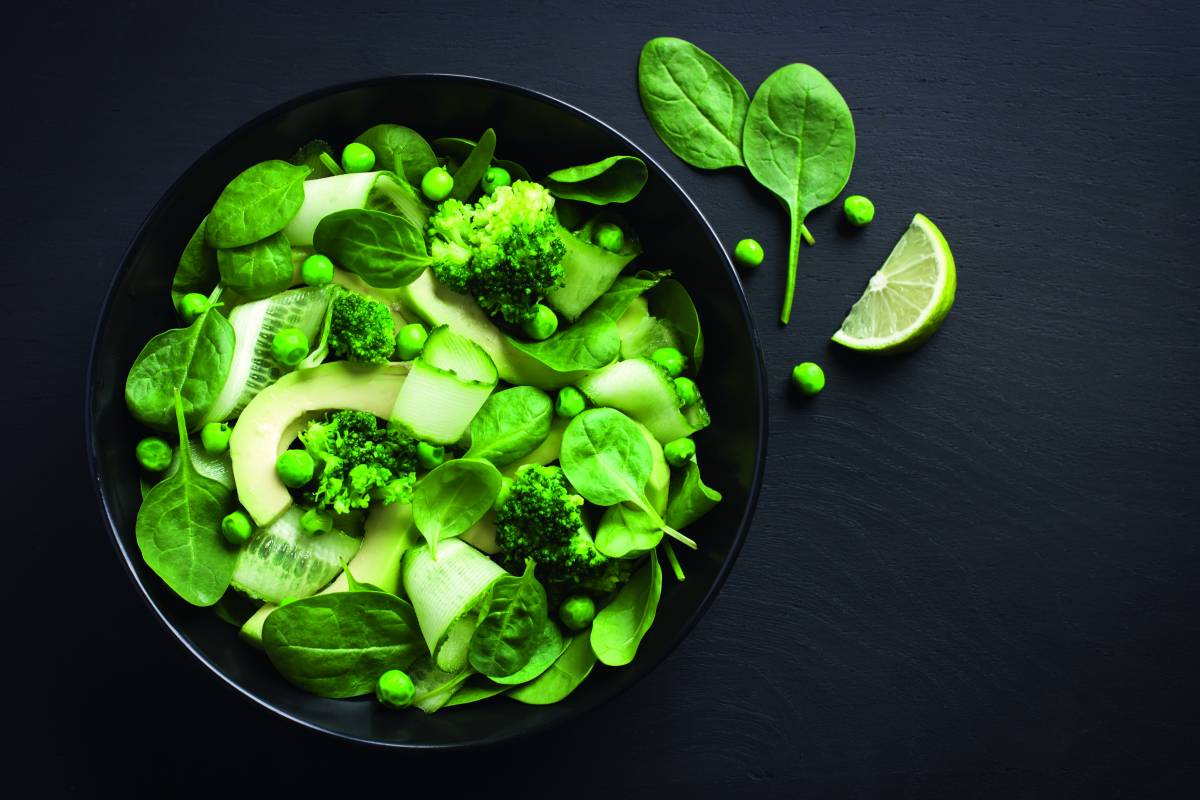
Tea: Black, white and green teas are all high in polyphenols and catechins, two flavonoids that can protect your skin from UV rays. Green tea is the most effective, containing high amounts of the most powerful polyphenol there is, epigallocatechin–3–gallate (EGCG). Matcha, a very bright, powdered green tea, is even better!
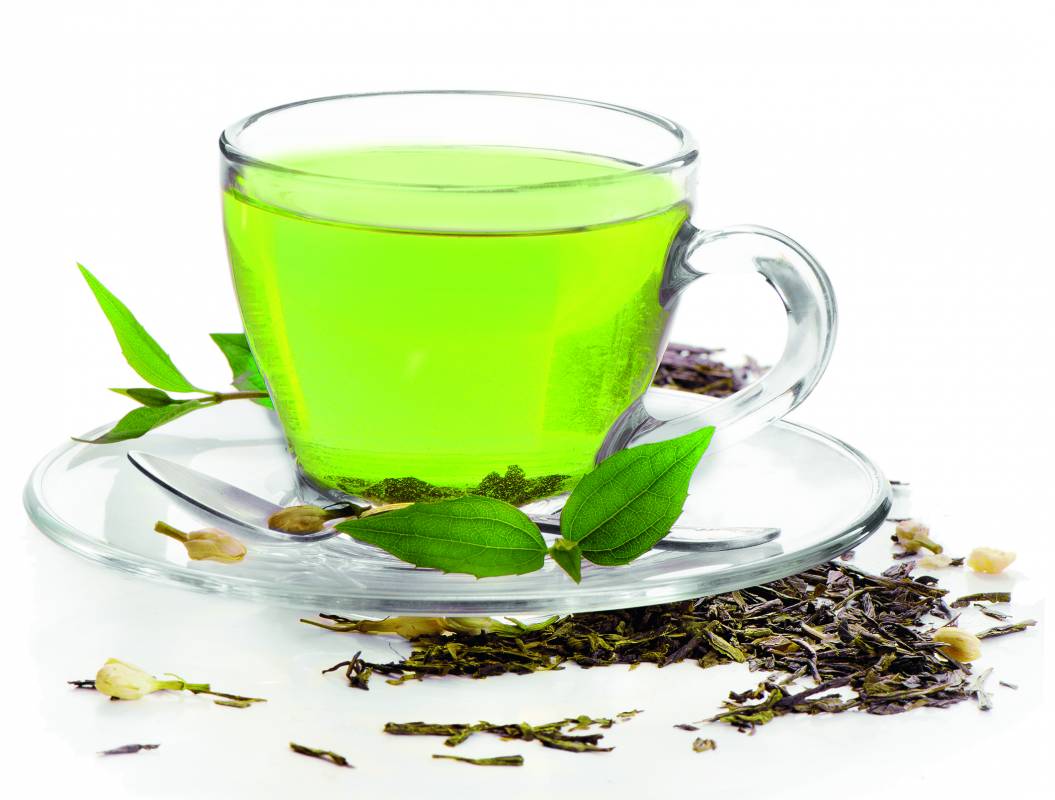
Almonds: A rich source of vitamin E; studies have found that people who eat a handful of almonds a day had less sunburn when exposed to UV light than those who don’t. Almonds also contain a high level of quercetin, a flavonoid known to protect skin against UV damage. Plain, raw almonds are the healthiest way to go, but if they’re not your cup of tea, you can eat the roasted and spiced versions instead. You can also try replacing your peanut butter with almond butter, or using almond milk in smoothies and oatmeal.
Fish: Cold-water fish like salmon, herring, sardines, mackerel and anchovies are high in omega-3 fatty acids that protect against sun damage. Try to include these fish in your diet at least three times a week. Plant-based sources of these healthy fats include chia seeds, flaxseeds and walnuts. A fish oil supplement works well too.
